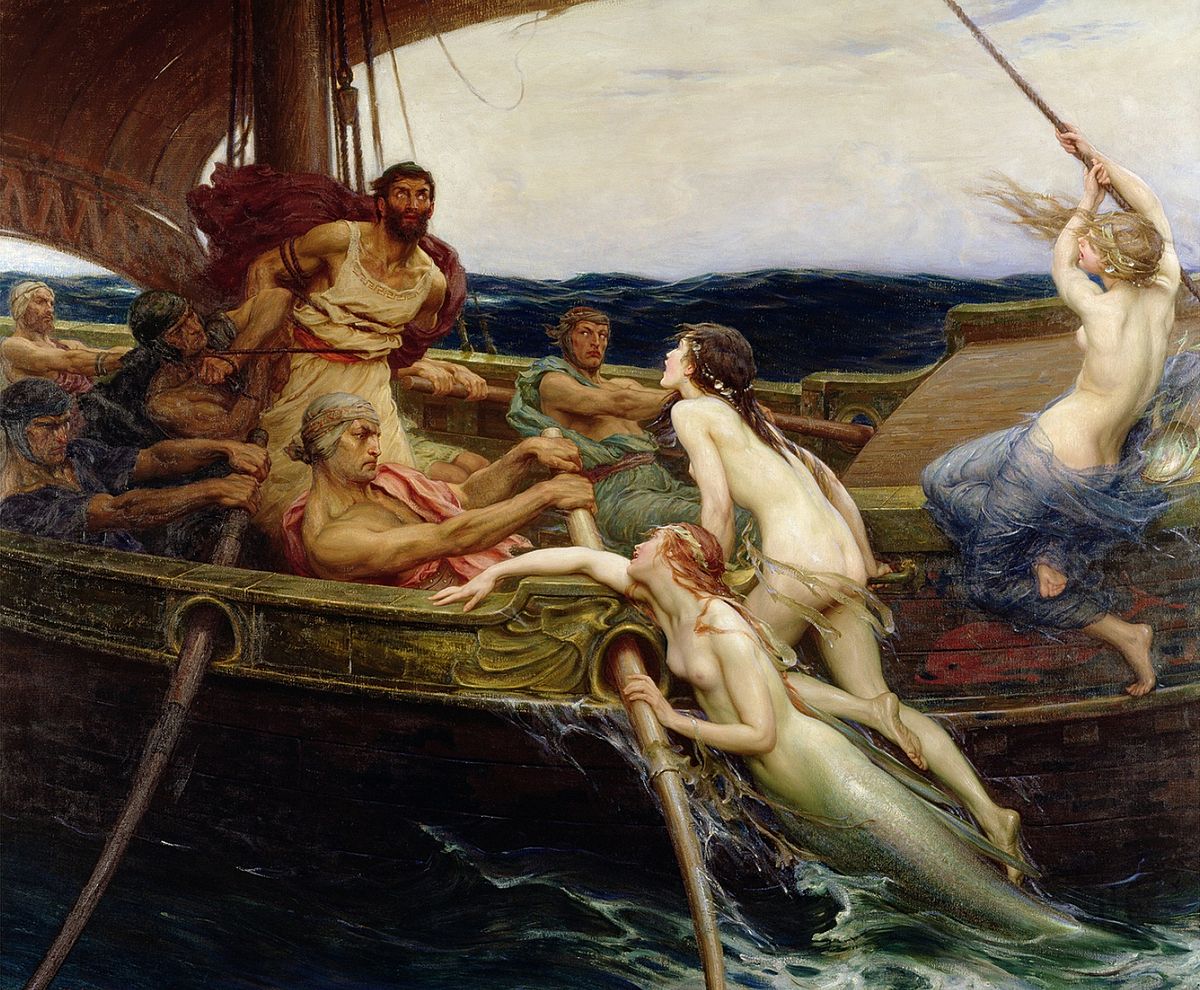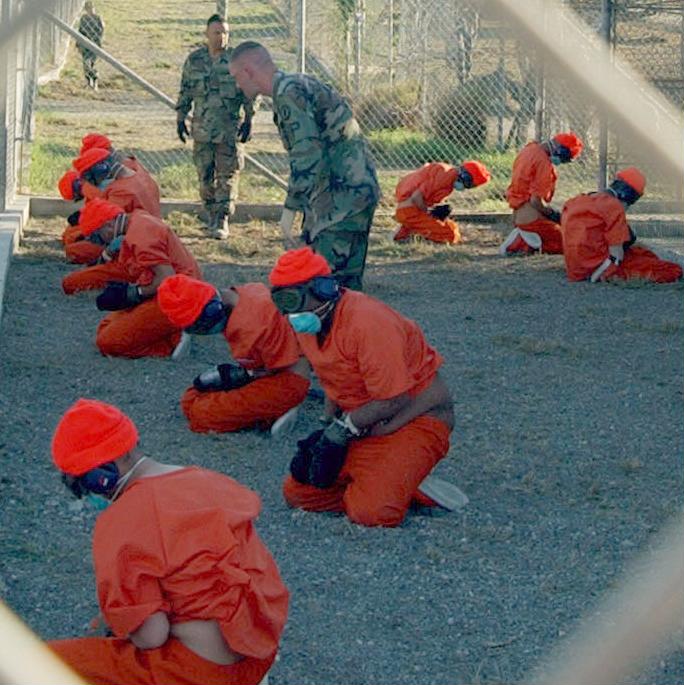Value is subjective. That much is true for sure. Without subjective value, there would be no trade as there would be nothing to gain from transactions. Only when a buyer values a good more than its price and a seller values the same good less than its price can there be voluntary trade.
However, what is not generally agreed upon is what exactly gives a good or service the perceived value. Especially true is this for different kinds of money, but the mechanism behind the formation of value is probably universal, and a theory of value should therefore apply to all goods and services.
My take on the value enigma is that value is rooted in desire and fear. Something has value because we either desire it, or we fear the consequences of not having it.
This can be seen in our desire for food. We regularly need to eat, and we desire something nice to eat. We are prepared to pay for food because we desire it. If we go hungry for long, we may also be motivated by fear of prolonged hunger, in which case additional value is put on food.
Food derives its value from a combination of desire and fear.
Gold on the other hand is uniquely valued out of desire. There is no fear associated with gold. Noting bad will happen to a person for not owning gold. However, gold does have desirable qualities for the production of jewelry and for some engineering tasks. Its main attraction, though, is its historic ability to preserve purchasing power.
Unlike gold, government issued fiat currencies derive their value mainly from fear. Paper notes and computer digits have no value as a commodity. But without government issued fiat currency, people cannot pay their taxes. Government agents will put people in jail if they do not pay their taxes in fiat. It is also illegal to deny a payment in fiat when dept is settled. It is the threat of imprisonment and death that gives government issued fiat currencies value, and the desire that we all have for such currencies rest ultimately on this threat. Without the threat, government issued fiat would quickly loose all value and no one would any longer desire to own it.
A special case of fiat is the so called cryptocurrencies. These are digits in a computer network, issued through some private algorithm. What gives these currencies value are their perceived uniqueness and usefulness in performing transactions. However, cryptocurrencies are not very unique. There is no limit in how many cryptocurrencies can be created, so even if there is a limited number of units for each cryptocurrency, there is no limit in the overall amount of such currencies.
Another problem with cryptocurrencies is that they are not very useful for making transactions. Their value is simply too unstable. This is due to the fact that they have no useful function other than making transactions. They have no desired property as a commodity, and they are not needed in order to keep us free from the tax man. Should the price of a cryptocurrency suddenly half, no engineer or jeweler will come rushing in for the bargains. Should the price suddenly double, who's to say that the new price is wrong.
Cryptocurrencies will never attain price stability. Their price is determined solely out of greed. They have no utility outside that of transactions to give them stability. There is not even the utility of freedom from jail. This makes them hopeless as a unit of account. They cannot be used to write contracts because their value in the future cannot be estimated with any degree of certainty.
The only value of cryptocurrencies are their ability to perform transactions. Yet, their instability guarantee that no good or service will ever be priced in them. Without the backing of a commodity or the threat of violence, cryptocurrencies are doomed as they cannot perform the function for which they were designed. They will never obtain enough price stability to ever come into widespread use, and are therefore doomed.



























